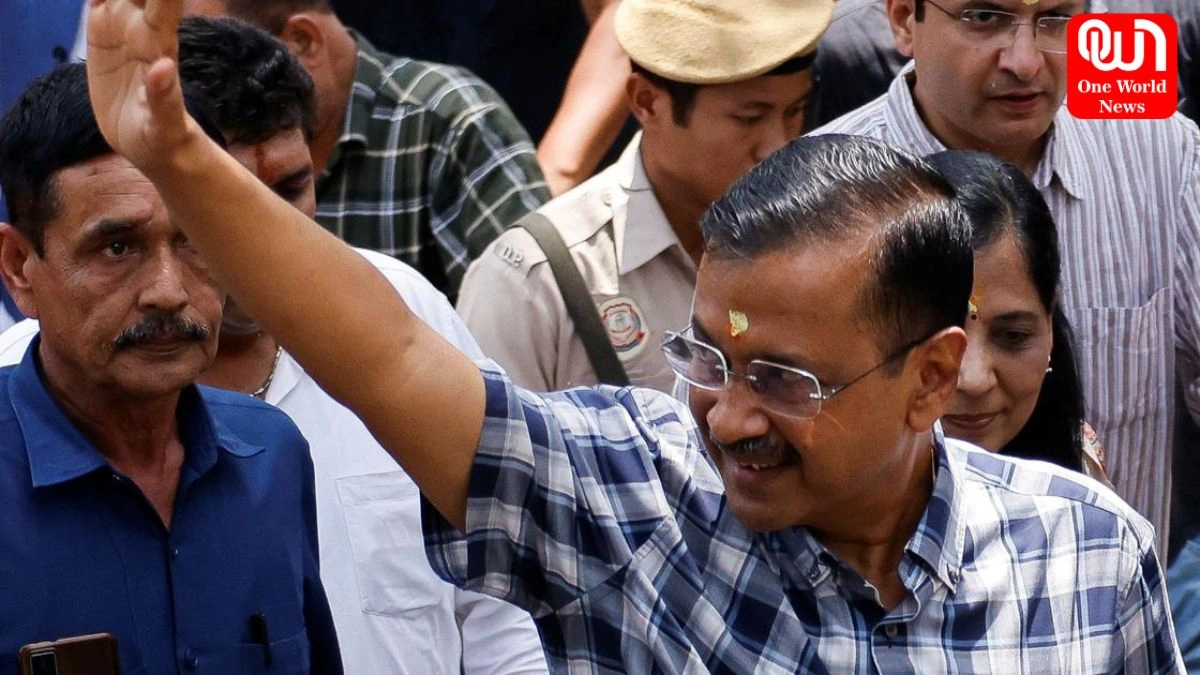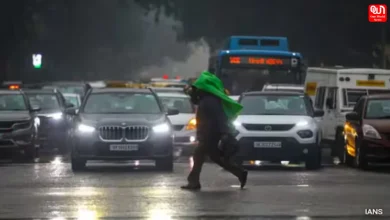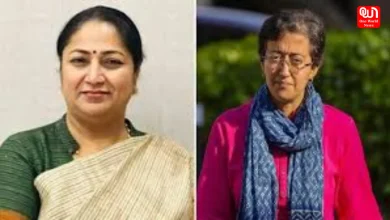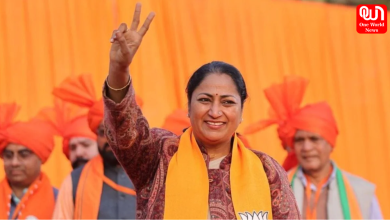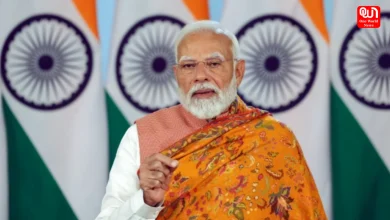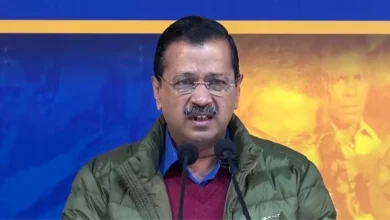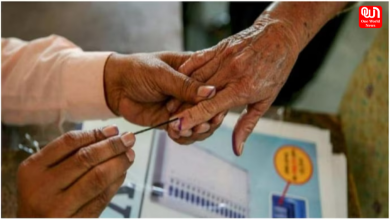Bail Conditions won’t stop his work as Delhi CM : AAP leaders
Bail Conditions won't stop Delhi CM Arvind Kejriwal’s work, says AAP Leaders.
Bail Conditions won’t stop his work as Delhi CM : AAP leaders
The Supreme Court’s decision to grant Chief Minister Arvind Kejriwal bail in the excise policy case will not only help the Aam Aadmi Party in the run-up to the assembly elections in Haryana, Jammu and Kashmir, and eventually Delhi, but it will also provide much-needed momentum to the capital’s governance, which has suffered greatly since Kejriwal’s arrest in March of this year.
-1726294315423.webp)
Read more: Manipur Eases Internet Ban as Violence Resurfaces in Jiribam
The conditions outlined in the Supreme Court’s judgment, which granted him bail in the Enforcement Directorate case, are set to stay in effect. In addition to being prohibited from entering the Delhi Secretariat and the Chief Minister’s Office, Kejriwal is also not permitted to “sign official files unless it is required and necessary for obtaining clearance/approval of the Lieutenant Governor of Delhi”;
He will not speak with any of the case’s witnesses or have access to the official case files. He will also not discuss his involvement in the current case. Also according to a report, LG must approve the majority of choices made in Delhi.
Aam Aadmi Party insiders claim that Kejriwal’s visitation to the Delhi Secretariat and the Chief Minister’s office might not pose a significant obstacle. Senior AAP leaders say that although Kejriwal is not allowed to enter the Delhi Secretariat or the Chief Minister’s office, cabinet sessions can still be attended by circulation. This implies that suggestion-containing files can be sent, signed by the CM, and then delivered to the L-G.
Kejriwal’s authority might not be materially hampered by the prohibition on signing some files. In India’s federal system, the National Capital Territory of Delhi (NCT of Delhi) occupies a special place. Despite being a Union Territory, the NCT of Delhi is allowed to have its own Legislative Assembly and Council of Ministers, led by the Chief Minister, according to Article 239AA of the Constitution. Article 239AA provides that in the event that the L-G and the Council of Ministers cannot agree “on any matter,” the L-G shall refer the problem to the President of India for a judgment, and if the situation is “urgent” and “necessary,” the L-G may take “immediate action” while the decision is pending.
However, it will be interesting to watch how Kejriwal’s comeback will affect the upcoming Haryana election and the mood of Delhi’s *Janta* amid the conditions imposed by the Supreme Court.
We’re now on WhatsApp. Click to join.
Like this post?
Register at One World News to never miss out on videos, celeb interviews, and best reads

